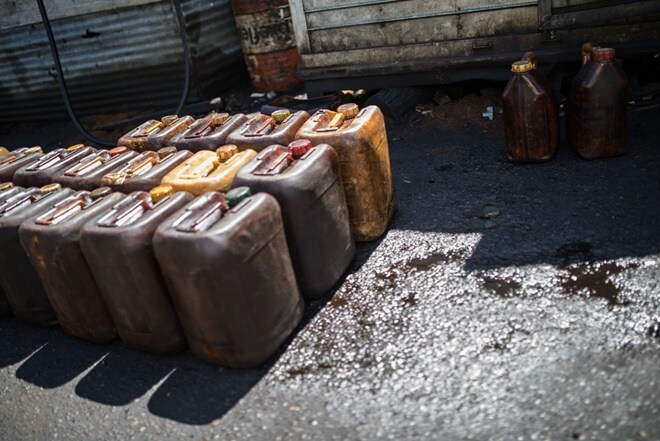As India steps up to increase domestic production and give more opportunities to the local traders under Prime Minister Narendra Modi’s Atma Nirbhar Bharat Abhiyan, illicit trade is one of the major roadblocks. FICCI’s Committee Against Smuggling and Counterfeiting Activities Destroying the Economy (CASCADE) said that several cases of smuggling of goods such as gold, cigarettes, liquor have been reported amid the coronavirus pandemic. The loss of revenue due to smuggling and counterfeiting to the government has a direct impact on welfare spendings such as healthcare, education, and enforcement, it added.
The FICCI’s arm has asked the policymakers to treat illicit trade as a national threat and keep guarding such incidences. Recently, various firms have been spotted making illegal cigarettes and tobacco products and selling them openly in the market even during the strict nationwide lockdown.
In a recent report named ‘Invisible Enemy’ published by FICCI, it showed that smuggling led to a loss of Rs 5,726 crore in the textiles industry, Rs 5,509 crore in the readymade garments industry, Rs 8,750 crore in cigarettes industry, Rs 18,425 in the capital goods industry, and Rs 9,059 crore in the consumer durables industry in the year 2017-18.
Also Read: Economic revival cools off after steep recovery in May-June; these reasons to blame
On the employment front, the report further showed that the smuggling caused a total job loss of about 5.01 lakh in these five industries in the same year. Out of this, 3.55 lakh jobs loss was registered in readymade garments and tobacco products, being a largely a labour-intensive industry. Adding to the woes, due to the backward linkage and multiplier effects of these industries, a total job loss of around 16.36 lakh was estimated due to smuggling in these five industries.
Watch: News with Financial Express July 15, 2020
Meanwhile, globalisation has been an important engine of economic growth, significantly enhancing trade facilitation, however, it has also provided opportunities to illegal business operators to engage in illicit trade across borders, posing challenges to government administrations, Dilip Chenoy, Secretary-General, FICCI had said.


